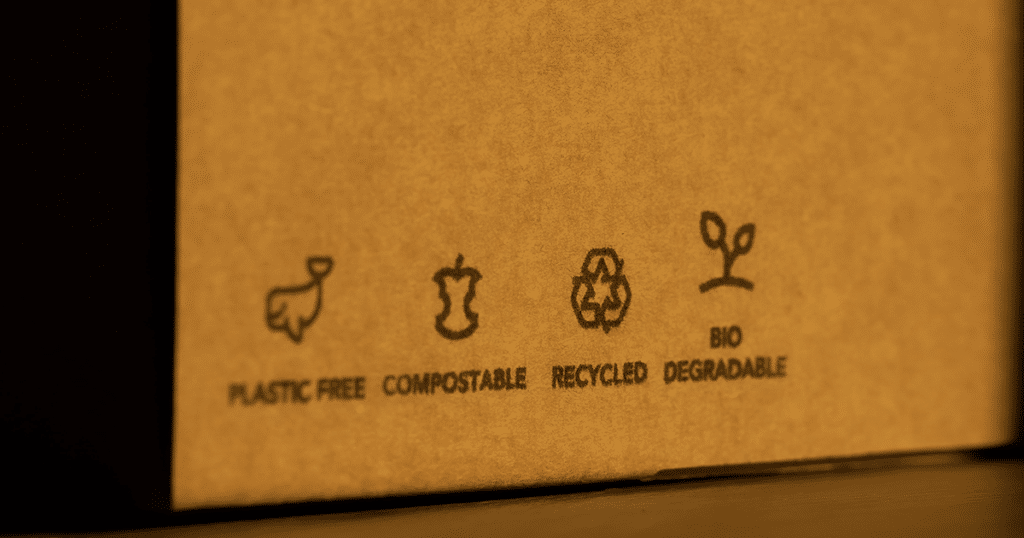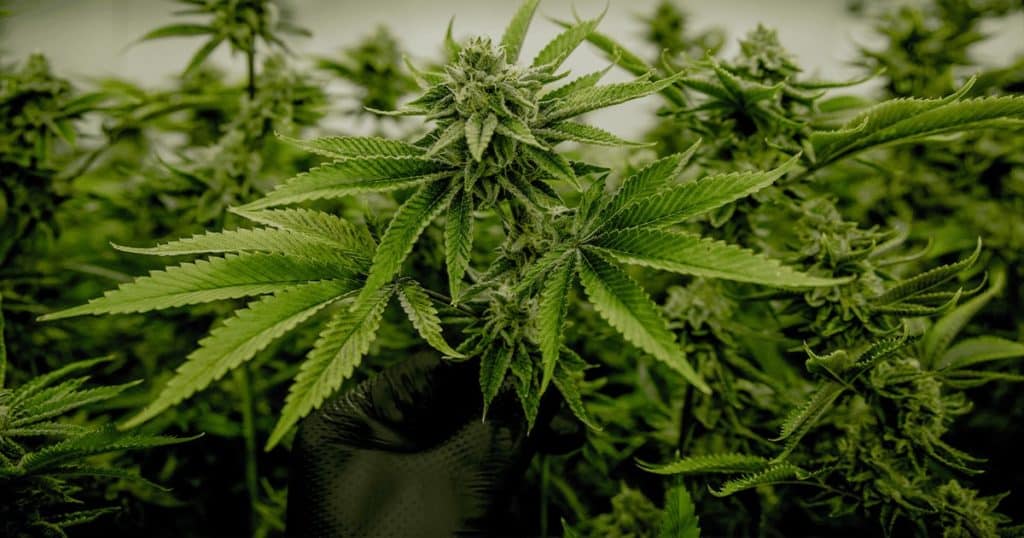Finally, a project which should have commenced in 2018 is now in progress. Metrc, the leading provider of cannabis regulatory systems in the US, is launching Radio-Frequency Identification plant tags in their ‘efforts’ to improve environmental performance, reduce waste, and improve seed-to-software tracking. According to GlobeNewswire, “Metrc is initiating a pilot test program for select state agencies and licensees to provide feedback on the tag’s design, durability and readability.”
Benzinga reports that “Now, it has managed to formulate sustainable paper plant tags that maintain durability and RFID technology efficiency. Metrc’s sustainable RFID tags are designed to improve compliance auditing and reporting, carrying embedded security advantages over other systems and arriving regulation-compliant and ready for use.”
Adding to this, GlobeNewsWire states, “The sustainable tags developed by Metrc contain 30 percent post-consumer waste (PCW), providing a steady source of demand for recycled paper products, 10 percent hemp, and 60 percent responsibly sourced Forest Stewardship Council (FSC) certified virgin paper fiber….The base material of the sustainable tags is made with 100 percent renewable Green E-certified wind-powered electricity (RECs) under a third-party certified ISO 14001 Environmental Management System and is manufactured carbon neutral (VERs), offering additional environmental benefits to the materials and process.”
Why The Delay In Roll Out?
While considered a positive move for the marijuana sector, the delayed introduction of the pilot program brings about questions of why the company did not roll out this program in 2018 or even further back when it won the contract.
As reported in online media, METRC has acknowledged that its track record hasn’t been perfect, with its software experiencing occasional outages and slowdowns, and this now brings in the question of why the company failed to start this program and seed-to-software tracking in 2018 when it won the contract.
Sure, METRC’s support and program rollout are dependent on the marijuana sector, demographics, changing regulations, and each state’s compatibility with its systems and processes, but the question still remains of why this introduction was delayed.
A Public-Facing PR Statement Or A Sincere Effort To Effect Change And Reduce Waste?
While the introduction of the pilot program for new sustainable RFID tags shows some progress, taking until 2024 to implement it screams further criticism. It brings up the question of whether or not the program is more of a public-facing PR statement or if it is, in fact, a sincere effort to effect change and reduce waste. Or, possibly, is this angled at profit?
Alone, considering the State of Oklahoma, “the company stands to gain from providing its system to cannabis operators in those state-legal markets, $12 million… a figure associated with the company’s contract in Oklahoma.”
Is It A Good Thing When No Alternatives Are Available?
According to Globenewswire, “Following the pilot program, METRC expects to officially launch its sustainable RFID tag solution in 2023, with a complete transition planned for 2024.” As METRC is the leading provider of cannabis regulatory technology systems in the US, operators will have to rely solely on this company which currently dominates the seed-to-sale tracking and compliance sector.
With no alternatives to turn to, this means operators are held at the mercy of METRC and its pilot program. In the past, METRC has been criticized for slowdowns and outages in Maryland’s medical marijuana markets, and uneven and slow rollouts in California. Reports in the past have also deemed METRC’s rollouts and systems to be confusing and hard to work.
Whether or not heavy reliance on the latter will speak of doom or gloom or positive outcomes is to be seen. Whether or not it will achieve a common goal of ensuring safe and legal cannabis markets in the 19 states Metrc holds contracts in, as online news reports state, will also be seen.
For now, the piloting of these RFID tags and seed-to-sale software is a good thing. Nevertheless, no matter who controls the pilot programs or not, the industry will see the tracking of legal cannabis plants from early life to final sales—and this is a good thing. Yes, improving environmental performance, reducing waste and improving seed-to-software tracking are good things.
We can only hope that this sustainable tag solution proves METRC’s verbal dedication to the cannabis industry, stakeholders, communities and the planet in general. When our hopes come to fruition, it’ll be time for a hit to celebrate!

Enjoyed that first hit? Come chill with us every week at the Friday Sesh for a freshly packed bowl of the week’s best cannabis news!


















